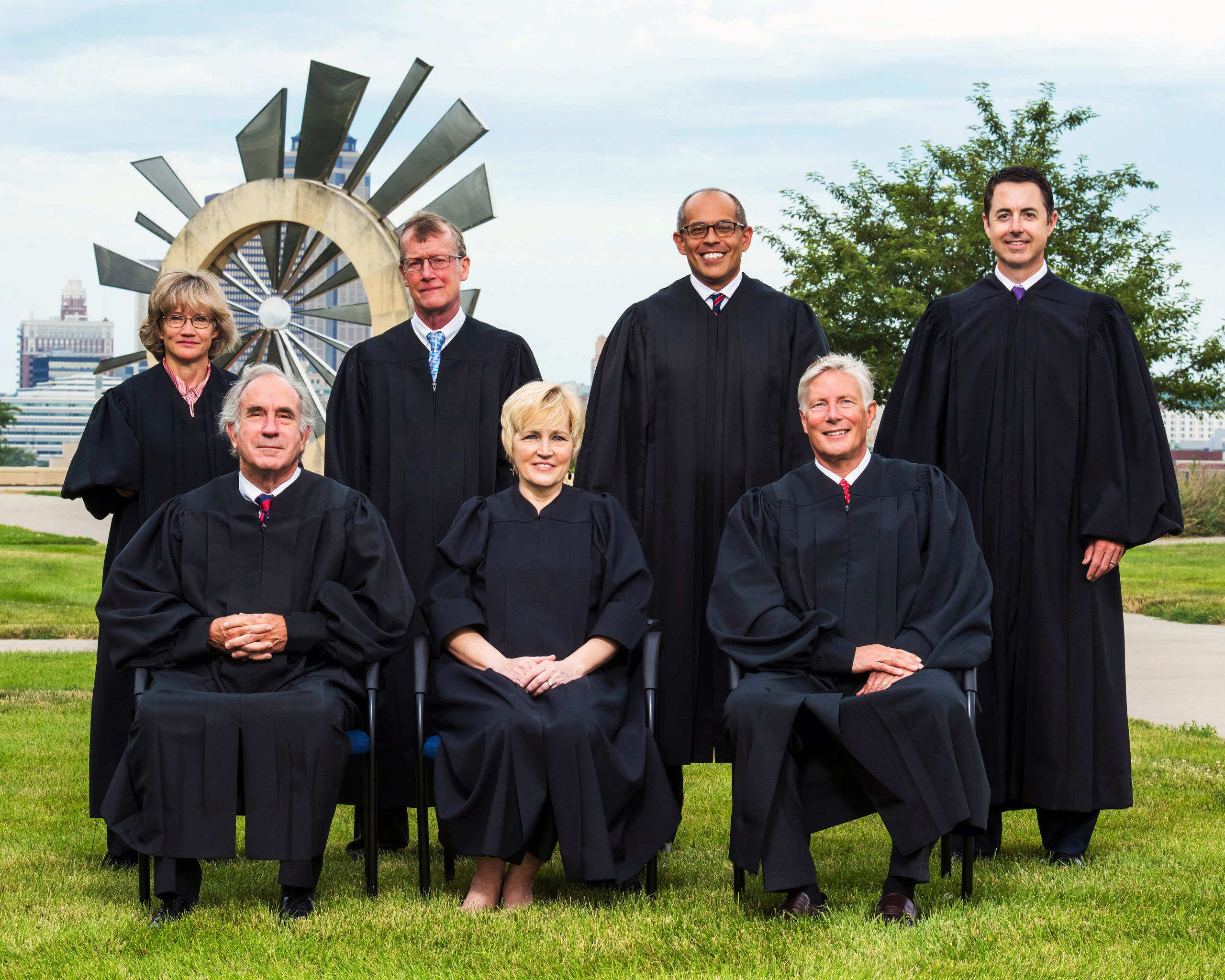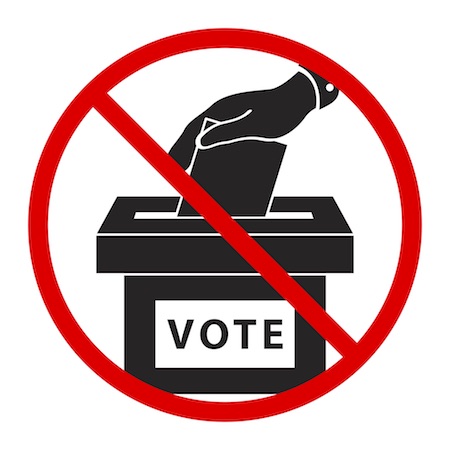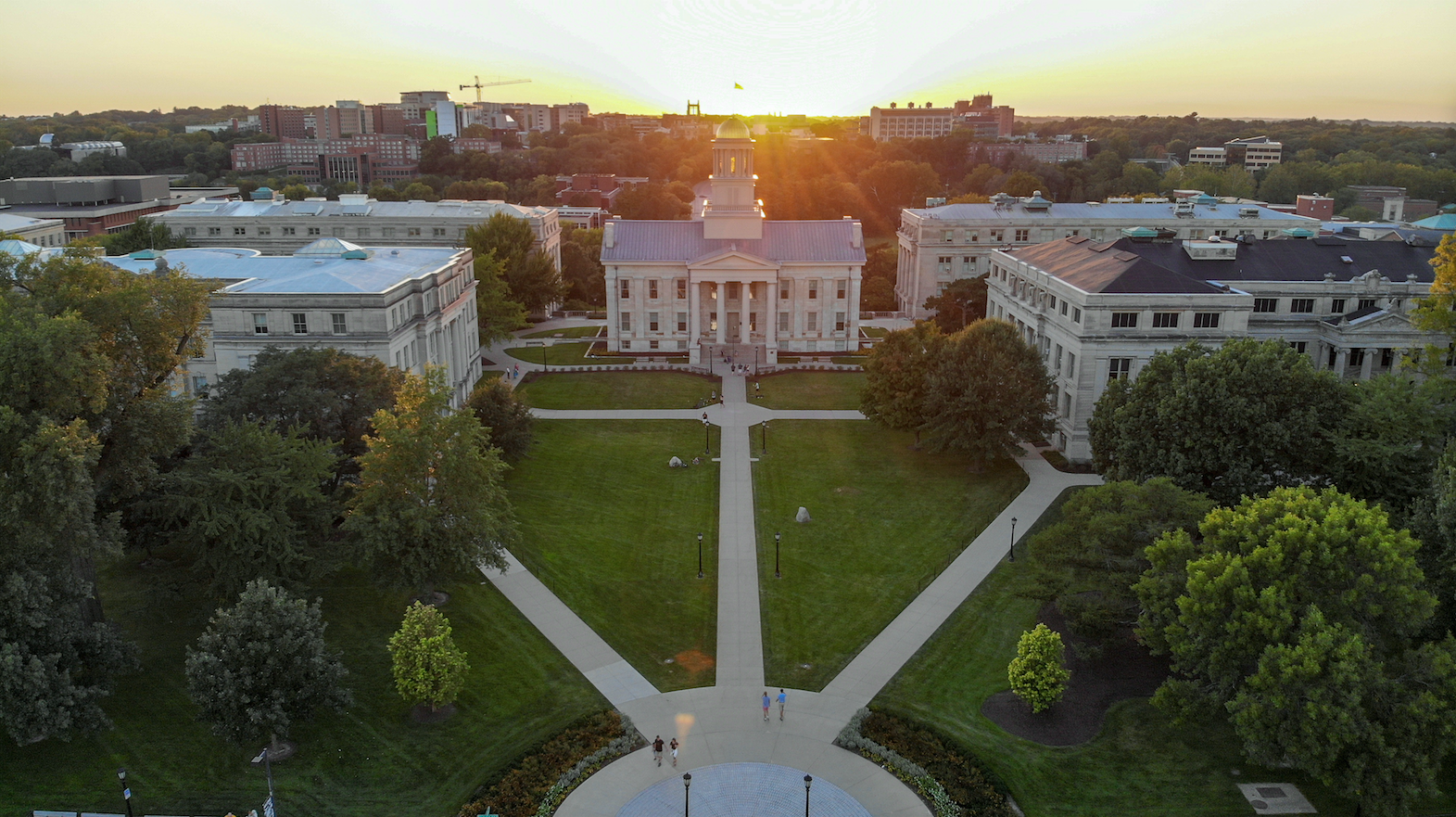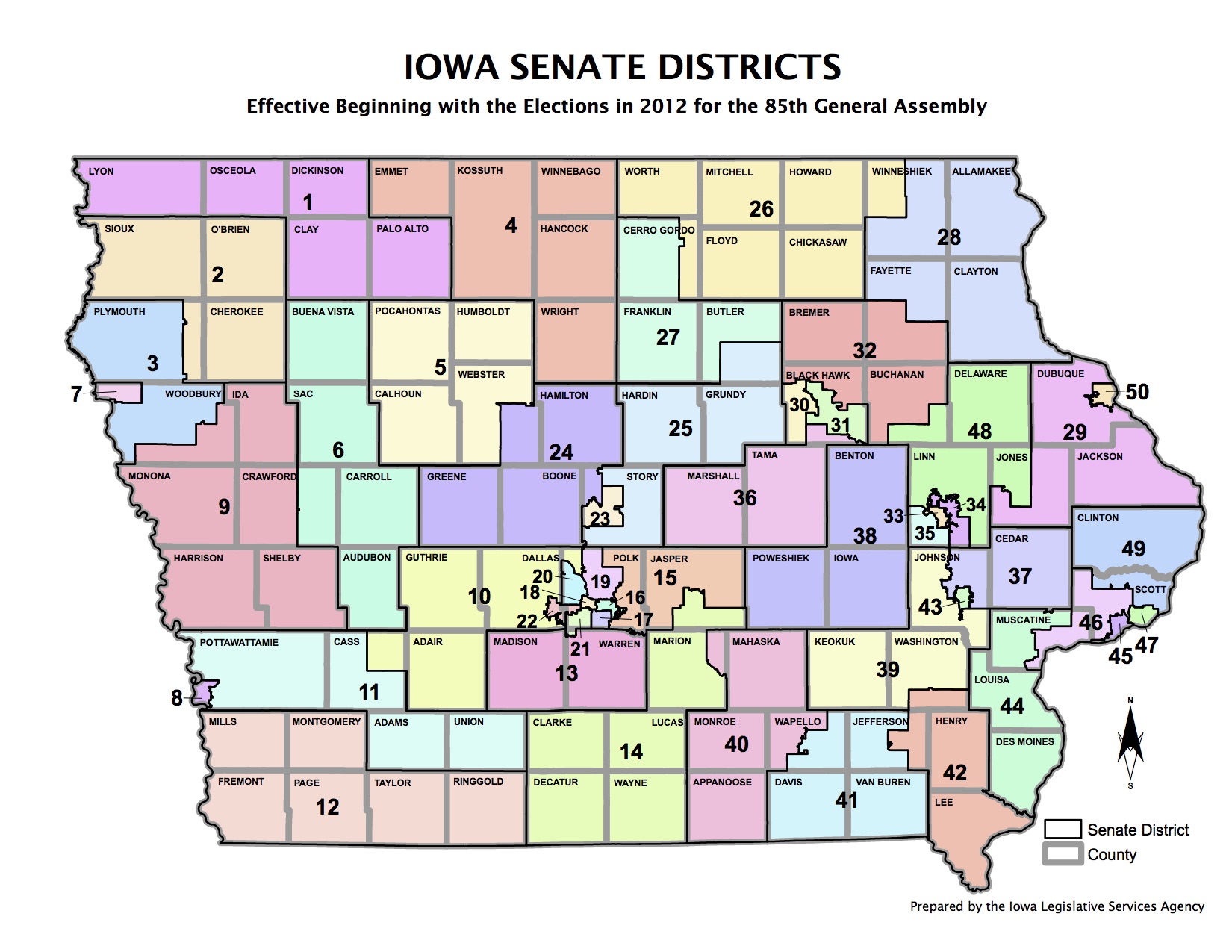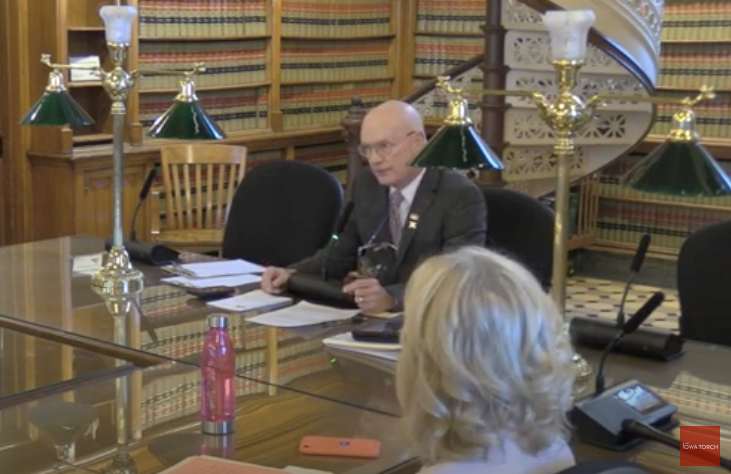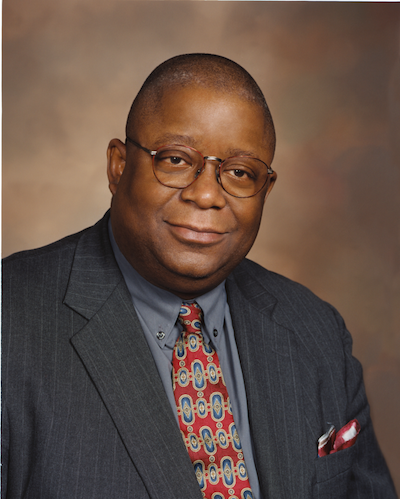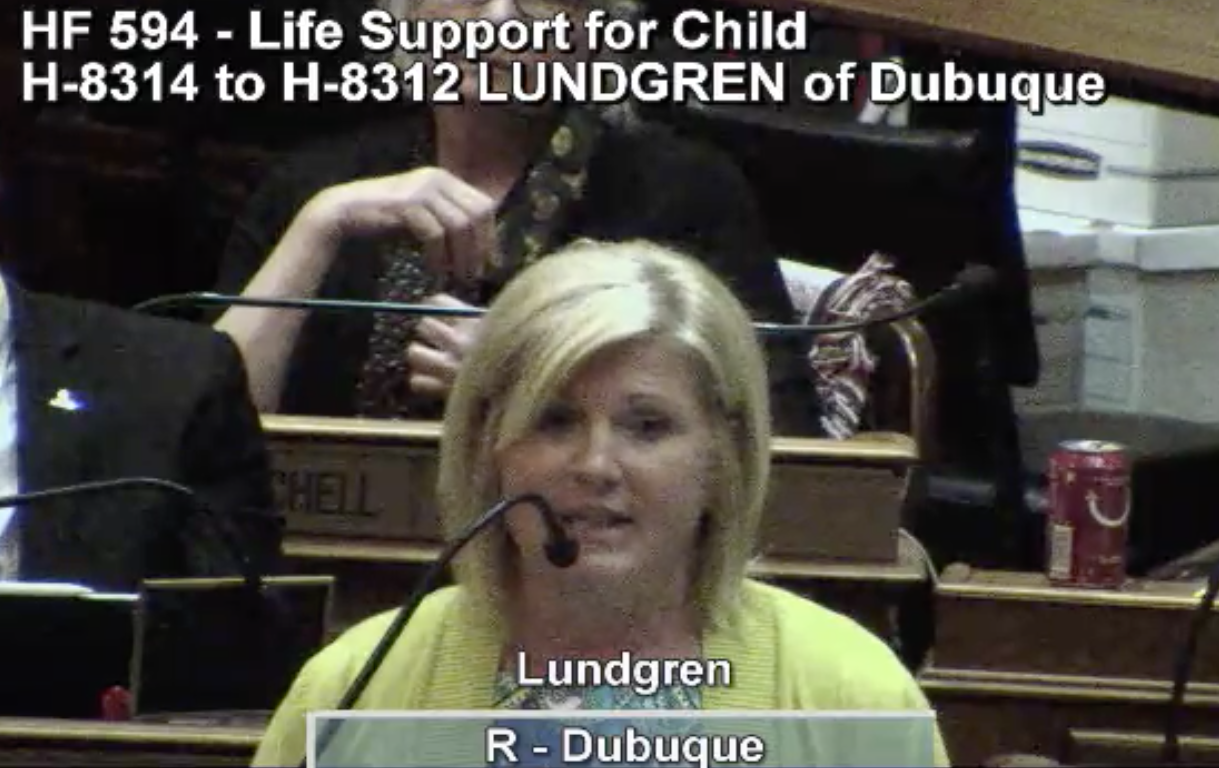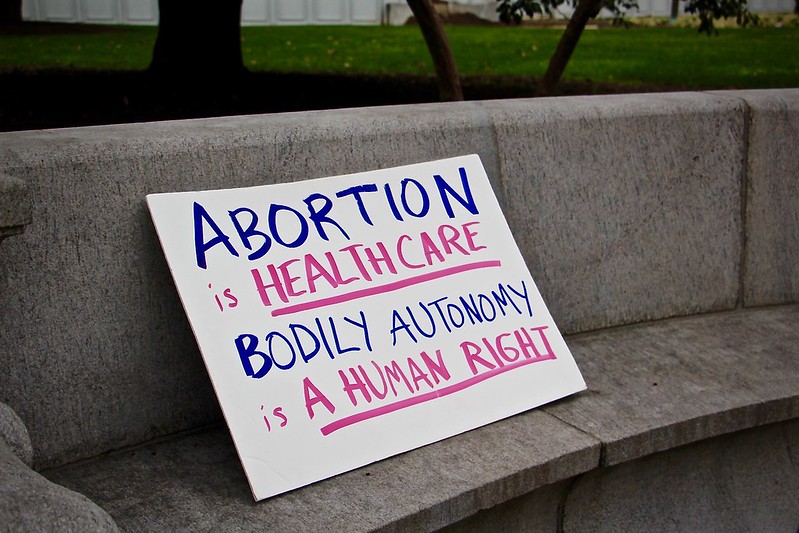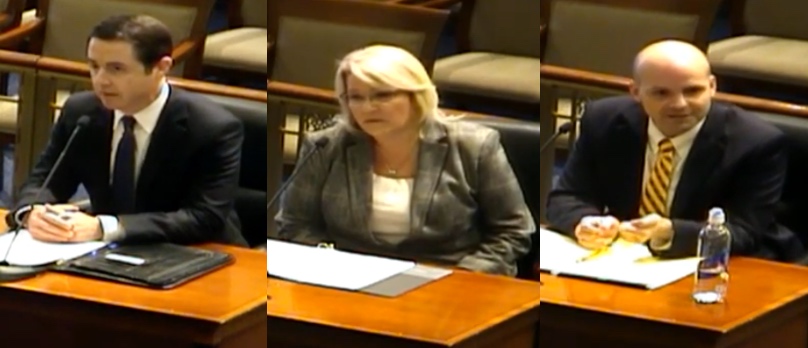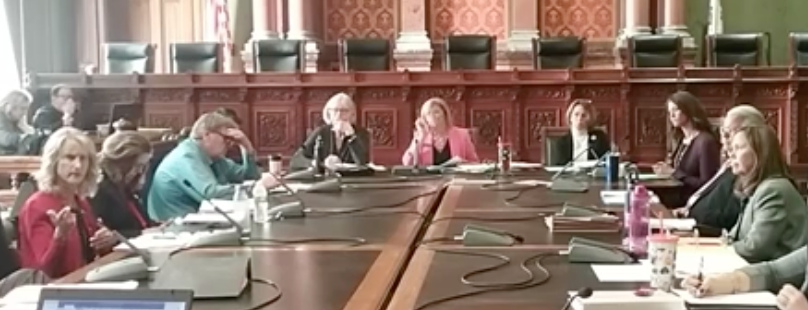Terror gripped many Iowa Democratic hearts when the nonpartisan Legislative Services Agency (LSA) announced it would release a second redistricting plan on October 21. Governor Kim Reynolds soon scheduled a legislative session to consider the plan for October 28, the earliest date state law allows.
Democrats had hoped the LSA would spend more time working on its next plan. Iowa Code gives the agency up to 35 days to present a second set of maps. If lawmakers received that proposal in mid-November, Republicans would not be able to consider a third set of maps before the Iowa Supreme Court’s December 1 deadline for finishing redistricting work.
By submitting Plan 2 only sixteen days after Iowa Senate Republicans rejected the first redistricting plan, the LSA ensured that GOP lawmakers could vote down the second proposal and receive a third plan well before December 1. So the third map gerrymander—a scenario Bleeding Heartland has warned about for years—is a live wire.
Nevertheless, I expect Republicans to approve the redistricting plan released last week. The maps give the GOP a shot at winning all four U.S. House districts and an excellent chance to maintain their legislative majorities.
Equally important, state law and a unanimous Iowa Supreme Court precedent constrain how aggressive Republicans could be in any partisan amendment to a third LSA proposal.
Continue Reading...





